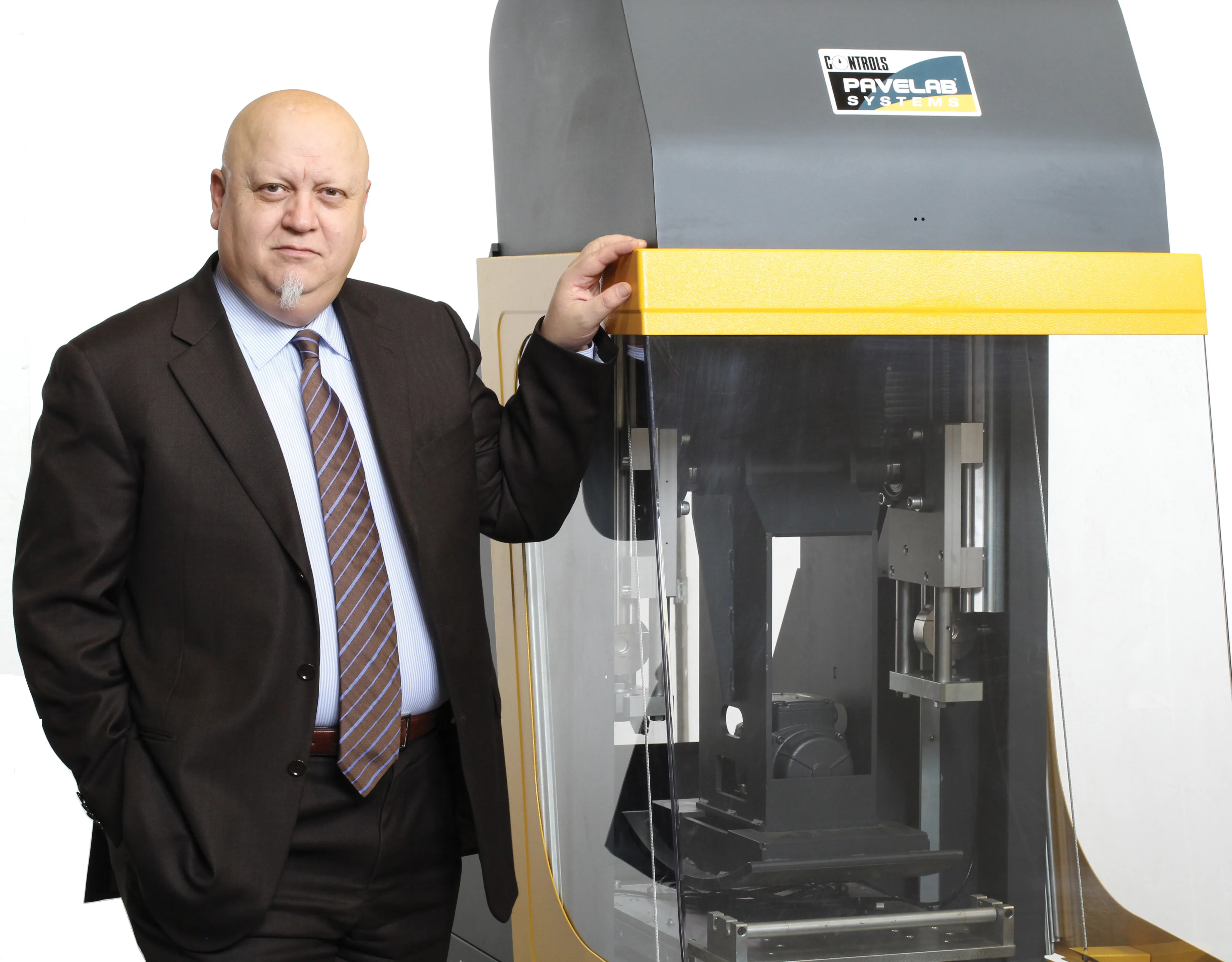
The UK's Asphalt Industry Alliance, AIA, has appointed David Giles, UK director at Continental Bitumen, part of the Colas Group, as chairman. He takes over from Rick Green who is retiring after seven years in the position and following a 40-year career.
Giles has extensive experience in the bitumen sector, previously with Shell for over 36 years and as UK general manager of Eurobitume between 2018 and 2021, when he played an active role in the AIA.
“I am delighted to have taken over as AIA chair,” said Giles. “Over the past seven years, with Rick at its helm, awareness of the AIA and its activities has grown massively, in no small part due to Rick’s enthusiasm, passion and commitment to its aims.
Green is retiring after 40 years’ operational and commercial experience in the UK highway construction and maintenance sector. With a background in civil engineering, he has held several senior positions within the asphalt industry, latterly as managing director of Midland Quarry Products and Heidelberg Materials.
“We will continue to campaign for targeted and accountable funding over the long term to deliver sustained improvement in local road conditions and enhance the resilience of the network for all road users,” said Giles.
The Asphalt Industry Alliance is a partnership between the Mineral Products Association and Eurobitume. It draws on the knowledge and experience of both organisations to increase awareness of the asphalt industry and to promote the uses and benefits of asphalt.
The AIA produces the annual ALARM survey to provide a detailed picture of the condition of the local road network and enable insightful analysis of road maintenance and funding issues. The latest – and previous issues – can be downloaded in full by clicking here.









